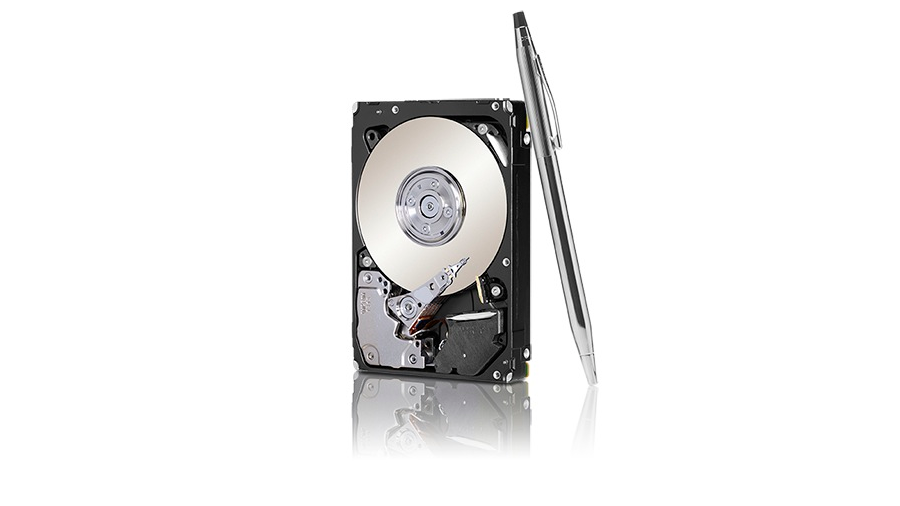IT managers struggling to see through all-flash storage myths
IT budget, performance, reliability and capacity

UK businesses are being bamboozled by overhyped marketing myths about the performance, reliability and power consumption of all-flash storage arrays despite practical evidence and common-sense arguments to the contrary.
According to a recent survey, close to three-quarters (74%) of IT managers have a rose-tinted view of all-flash storage, despite misgivings about the cost, risk and general lack of need for all-flash arrays.
As many as 76% accepted the myth that all-flash arrays are faster than hybrid arrays. But while flash can undoubtedly assist with lowering latency for random reads, it can often be the same or even slower than well designed hard disk arrays under some workloads, particularly sequential writes.
Advantages
A similar number accepted that all-flash solutions used less power and cooling compared to hybrid storage. But real-life testing by numerous users has found hybrid arrays use half the power of all-flash arrays in like-for-like evaluations.
Flash modules/SSDs draw less power as raw components than HDD, but enterprise storage arrays are not just raw storage. They use processors and cache memory is also needed in some designs, both of which require power. On average, all-flash arrays draw double the amount of power and require more cooling than true hybrid arrays.
More reliable
Two in five (40%) respondents believed all-flash arrays provided a higher degree of reliability than hybrid arrays based on marketing messages from all-flash vendors that HDDs are unreliable. But this is not the case.
Some enterprise storage vendors have been guilty of using the wrong tool for the job by relying on consumer grade SATA drives to cut supply chain costs, causing hard disk drives to be seen as problematic.
Sign up to the TechRadar Pro newsletter to get all the top news, opinion, features and guidance your business needs to succeed!
When issues with flash media are taken into account, particularly with cell failure on NAND silicon, flash arrays usually have shorter duty cycles than hybrid storage.
It's clear IT managers are unaware of the truth behind these all-flash myths. Many vendors are trying to convince customers and resellers that hard disks are outdated technology and flash is the most appropriate media for all use cases.
The truth is that hybrid storage is the practical option, it offers the best of both worlds by combining the advantages of flash with the established benefits of hard drives.
Survey
The survey was undertaken by independent research firm Vanson Bourne, which interviewed senior IT decision-makers at 100 large enterprises across the UK.
The purpose of the survey, commissioned by hybrid storage vendor X-IO Technologies, was to compare the adoption plans of all-flash arrays in the enterprise against the hype being promoted by all-flash array vendors. It also shows where the market is educated about the promise of all-flash arrays and where it is misinformed.
IT budgets are currently under tight restrictions, IT managers need to implement a storage solution which provides the right amount of performance required whilst remaining cost effective. In time, storage architects and buyers will realise flash is a tool rather than a solution
But in the meantime, it won't stop some users getting their fingers burnt in the world of storage sales, a place where people push hard to close deals that often fail to offer the best solution for a customer's needs.
It is up to the storage industry to help customers and resellers understand the strengths and weaknesses of each type of storage, helping people cut through the hype.
*The survey data was collected via an online survey completed by a nationally representative sample of 100 IT managers from key industry sectors such as financial services, manufacturing, retail, distribution and transport and the commercial sector from across the United Kingdom.
The survey was prepared on behalf of Vanson Bourne and conducted in February 2013. The identity of the 100 respondents will remain confidential, in accordance with the Vanson Bourne Code of Conduct. The X-IO name was not revealed during the interview to ensure the data remained unbiased.
- Gavin McLaughlin is the Solutions Development Director at X-IO Storage and is based out of X-IO's London office covering the EMEA region. Gavin has worked in the IT industry for over 25 years and previously held sales and technical leadership roles at HP, Sun Microsystems and EMC. His focus is working with ISV partners and solution orientated resellers to address business challenges using innovative technologies such as X-IO's Hybrid Storage concept.